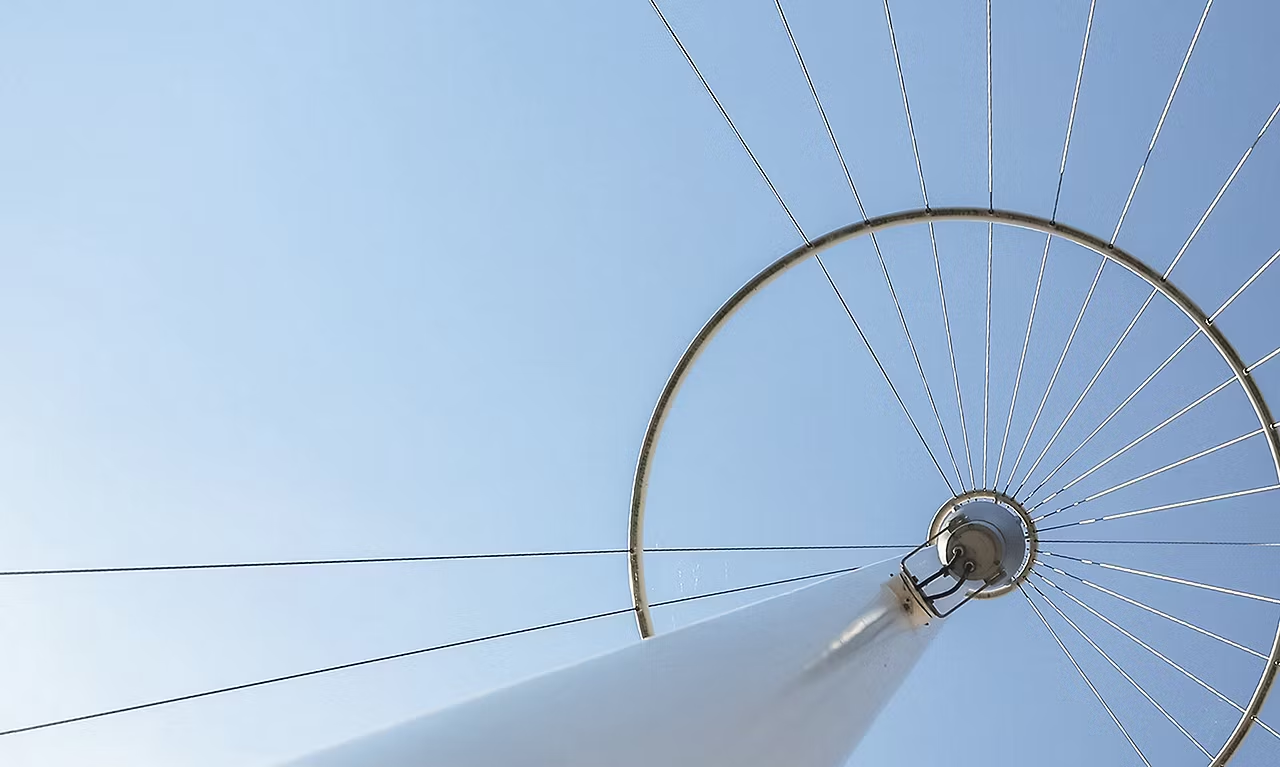S&P Dow Jones Indices has been the de facto scorekeeper of the ongoing active versus passive debate since the first publication of the S&P Indices Versus Active (SPIVA) U.S. Scorecard in 2002. The SPIVA South Africa Scorecard measures the performance of actively managed South African equity and fixed income funds denominated in South African rands (ZAR) against their respective benchmark indices over six-month and one-, three-, and five-year investment horizons.
MID-YEAR 2021 HIGHLIGHTS
South African Equity
Through the first six months of the year, 60% of South African Equity funds underperformed the S&P South Africa 50. The same funds fared slightly better in comparison with the S&P South Africa Domestic Shareholder Weighted (DSW) Capped Index; 49% of funds underperformed that benchmark. A similar, yet less favorable, finding for active funds was evident over longer time horizons, during which the majority underperformed both benchmarks. Over the five-year period, 93% and 54% underperformed the S&P South Africa 50 and S&P South Africa DSW Capped Index, respectively.
A common argument against comparing active fund performance with that of a passive benchmark is that performance alone cannot tell the whole story and that risk should also be taken into account. However, Report 1b tells a similar tale; for South African Equity funds, the level of underperformance on a risk-adjusted basis over the five-year period is no better than when comparing returns alone. Over this period, 93% and 53% of South African Equity funds underperformed the S&P South Africa 50 and S&P South Africa DSW Capped Index, respectively, on a risk-adjusted basis.
The S&P South Africa 50 recorded remarkable returns for the six-month and one-year periods, gaining 13.7% and 27.8%, respectively. On an asset-weighted basis, South African Equity funds fared well in comparison to this benchmark, outperforming by 0.79% and 1.17% over the six-month and one-year periods, respectively. However, this recent outperformance was not representative of the longer-term three- and five-year periods, when South African Equity funds underperformed by an annualized figure of 3.11% and 4.33%, respectively.
Global Equity
During the first six months of the year, 64% of Global Equity funds were outperformed by the S&P Global 1200, this figure rose to 89% over the three- and five-year periods. On a risk-adjusted basis, this impressive outperformance continued, with 91% of funds failing to beat the S&P Global 1200 for the three- and five-year periods.
On an asset-weighted basis, there was little to separate Global Equity fund returns from their benchmark for the one-year period; fund returns were higher by 0.22%. The benchmark outperformed by an annualized 2.92% and 1.72% over the three- and five-year periods, respectively. Further highlighting the S&P Global 1200’s dominance over the long term, even the 75th percentile of Global Equity funds failed to outperform the benchmark for the three- and five-year periods.















































